📐 QUALITY BUILDING PRACTICES

Understanding What Driveway Flagging Is
Hey guys, it's TJ from Sanctified Homes, and today we're diving into a crucial aspect of rural home construction: driveway flagging. If you're planning to build on a large parcel of land, understanding how to mark out your future driveway is essential. Driveway flagging isn't just about marking territory; it’s about strategic planning and ensuring that your driveway is functional, cost-effective, and compliant with local laws. Let's explore what driveway flagging entails and why it's a significant first step in your construction journey.
The Basics of Driveway Flagging
Driveway flagging is the process of marking out the intended path of a driveway on a piece of land. This is typically done using small flags or markers to outline where the driveway will go. The purpose? To provide a visual guide for both the homeowner and any construction or township officials who need to approve the driveway placement. The process involves a variety of tools and materials, including survey flags, measuring tapes, and sometimes GPS equipment to ensure accuracy.
Why Flag Your Driveway?
Approval Process
Flagging your driveway is more than just a preliminary step; it's crucial for securing approval from your local township or governing body. In Wisconsin, driveway laws require homeowners to submit a detailed plan for driveway placement to ensure it meets safety and environmental standards. Understanding Wisconsin driveway laws is essential for a smooth approval process. By showing officials the flagged driveway, you facilitate the approval process, helping you obtain the necessary permits faster.
Cost Implications
The path of your driveway can significantly impact the overall cost of your project. For instance, a driveway that traverses a steep slope or requires extensive excavation can be more expensive than one on level ground. The cost implications can be substantial, especially in rural areas where terrain varies widely. By planning your driveway carefully and flagging it accurately, you can estimate the flagged driveways cost more effectively and avoid unexpected expenses.
Erosion Control and Engineering
Especially in rural settings, understanding the land's grading and slope is vital. Flagging helps in planning for erosion control measures and any required engineering work. Proper planning can prevent soil erosion, which is crucial for maintaining the driveway's integrity and the surrounding landscape. Engineering considerations might include drainage solutions and reinforcement structures to ensure long-term durability.

The Process of Flagging
Survey the Land
Start by getting a good feel for the land. Look for natural paths that minimize the need for extensive grading or tree removal. Surveying the land involves using tools like measuring tapes, survey flags, and sometimes even GPS devices for more extensive properties. Walking the land with a keen eye for natural contours and potential obstacles is the first step in understanding how to do flagging effectively.
Consider the Slope
The slope of the land will dictate the best path for your driveway. You want to avoid steep inclines if possible, as these can complicate construction and increase costs. Assessing the slope involves measuring elevation changes over the length of the proposed driveway. Gentle slopes are preferable, as they are easier and cheaper to pave and maintain. Steeper slopes may require additional engineering solutions, such as retaining walls or special drainage systems.
Mark the Path
Using flags, mark out the path where you envision the driveway. This doesn't have to be perfect but should give a good indication of the route. Start by placing flags at key points along the proposed path, then fill in the gaps to create a continuous line. This flagged path will serve as a visual guide for further planning and construction. Accurate marking is crucial for estimating the flagged driveways cost and for discussions with contractors and local authorities.
Meeting with the Township
Approval
Once you've flagged your driveway, the next step is to meet with your local township or governing body. This meeting is crucial for several reasons. First, you'll need to get your driveway placement approved as part of your building permit process. This approval ensures that your driveway complies with local regulations and environmental standards. Being familiar with Wisconsin driveway laws can streamline this process and help you address any concerns the officials might have.
Erosion Control Plan
Depending on the land's slope, you might need an erosion control plan. This plan outlines how you'll prevent soil erosion during and after construction. It typically includes details on drainage systems, vegetation planting, and other methods to stabilize the soil. An effective erosion control plan not only meets regulatory requirements but also protects your property and the surrounding environment.
Engineered Plan
For more complex driveways, an engineered plan might be required. This plan details the construction methods and materials needed to ensure the driveway is safe and durable. It may include specifications for grading, drainage, and paving. Working with an engineer can help you create a comprehensive plan that addresses all potential issues, ensuring a smooth construction process and a long-lasting driveway.
Additional Considerations
Environmental Impact
Assessing and mitigating the environmental impact of driveway construction is crucial. This includes understanding how the driveway will affect local wildlife, water runoff, and vegetation. Implementing sustainable practices, such as using permeable paving materials and incorporating natural drainage solutions, can minimize negative environmental impacts.
Seasonal Factors
How seasons affect driveway construction and flagging is another important consideration. For example, in Wisconsin, winter can pose significant challenges due to frozen ground and snow cover. Planning your construction timeline to avoid extreme weather conditions can help prevent delays and ensure a smoother construction process.
Maintenance
Long-term maintenance considerations for flagged driveways include regular inspections, repairs, and cleaning. Keeping the driveway clear of debris and ensuring proper drainage can extend its lifespan. Planning for maintenance from the start can save you time and money in the long run.

Final Thoughts
Driveway flagging is an essential first step in the rural home construction process. It sets the stage for everything that follows, from securing permits to planning the construction phase. While it might seem like a small task, its impact on your project's success cannot be overstated. By starting with a well-thought-out driveway flagging process, you're laying the groundwork for a successful build.
Remember, building in a rural setting presents unique challenges and opportunities. By starting with a well-thought-out driveway flagging process, you're laying the groundwork for a successful build. And as always, don't forget to raise your standard in every aspect of your construction project. Stay tuned for more insights into building and construction processes. If you have any questions or want to see more content on specific topics, don't hesitate to reach out. Let's build something great together.

The Ultimate Wisconsin Home Building Guide
Avoid Costly Mistakes. Build Smarter. Build Confidently.

Download the guide trusted by hundreds of Wisconsin homeowners to plan smarter, save money, and feel confident from day one.
💡 Here’s What You’ll Instantly Get:
Step-by-step home building phases — from clearing land to final touches
Lot selection & budgeting strategies to avoid hidden costs
Room-by-room material and design tips
Checklists most first-time builders forget
Future-proofing advice (solar, EVs, smart home features & more)
Why You Will Love Working With Us

Transparency
Honesty is always the best policy, and this is the policy we swear by. We aim to be as transparent as possible with our clients when building their homes.
We have no hidden fees or surprises.
We disclose every invoice and bid because we have nothing to hide.
We are upfront about all costs, including the price or materials and labor costs, so you can trust every dollar of the process.
Experience
Our team has over 25 years of experience in construction and design, so we know how to make your dream home a reality.
Over 200 homes build with our combined expertise!
25 years experience in
Parade of HomesBuilder Of the Year with Madison Area Builders Association
Our Values
We are committed to raising the standards in the industry. At our core, we value transparency, trust, and communication. Our mission is not to only give you a modern, efficient home, but a place to experience life with the ones you love the most.
Cities We Serve
We serve all of Dane County
Copyright Sanctified Homes & Construction.
Designed with love by Kismet Ideas.




